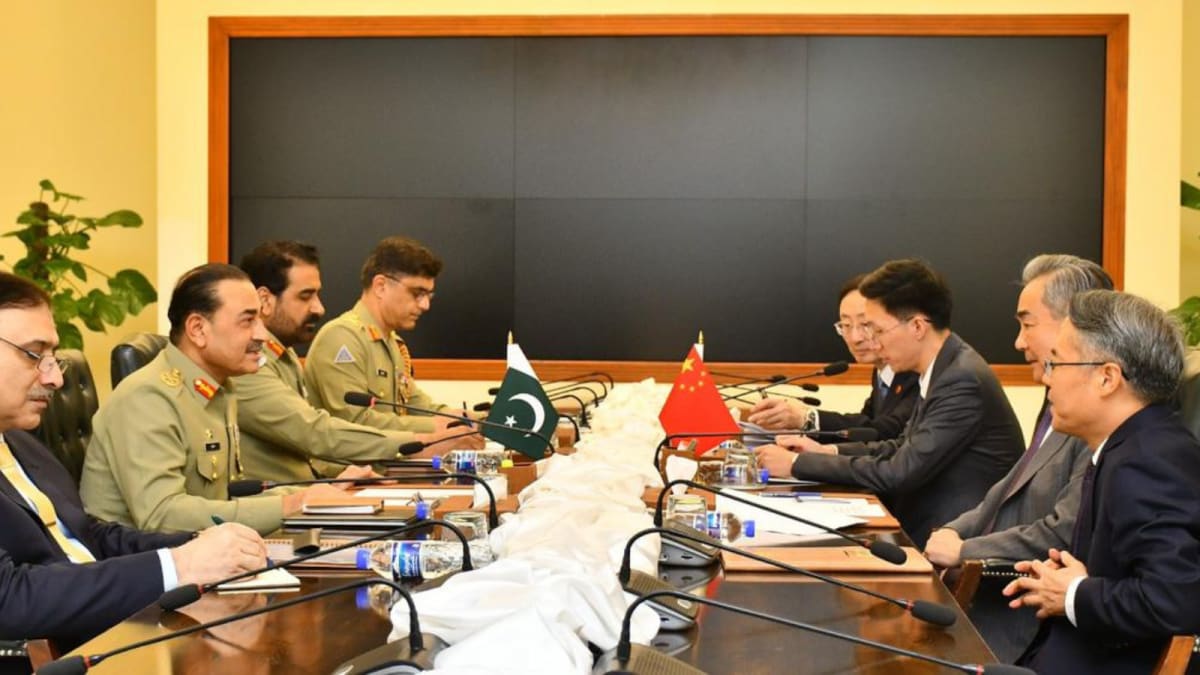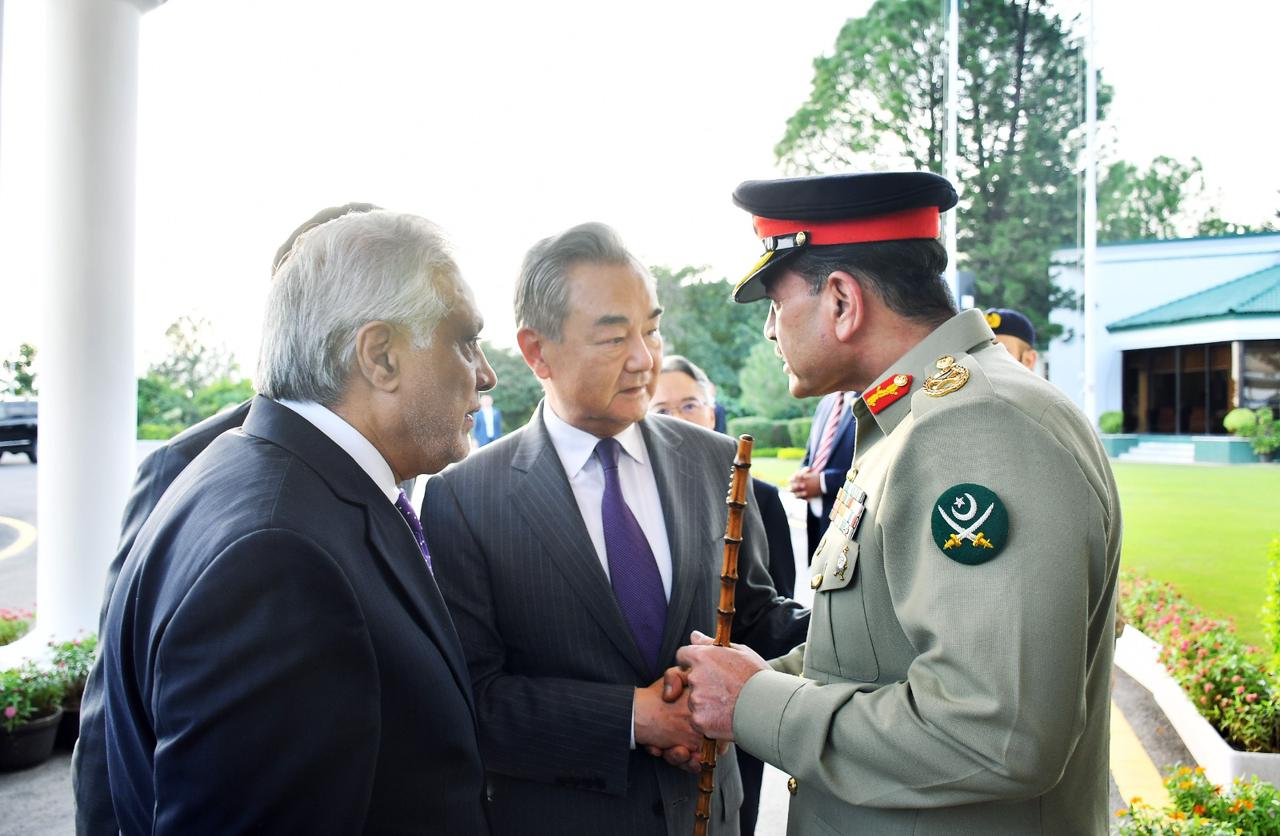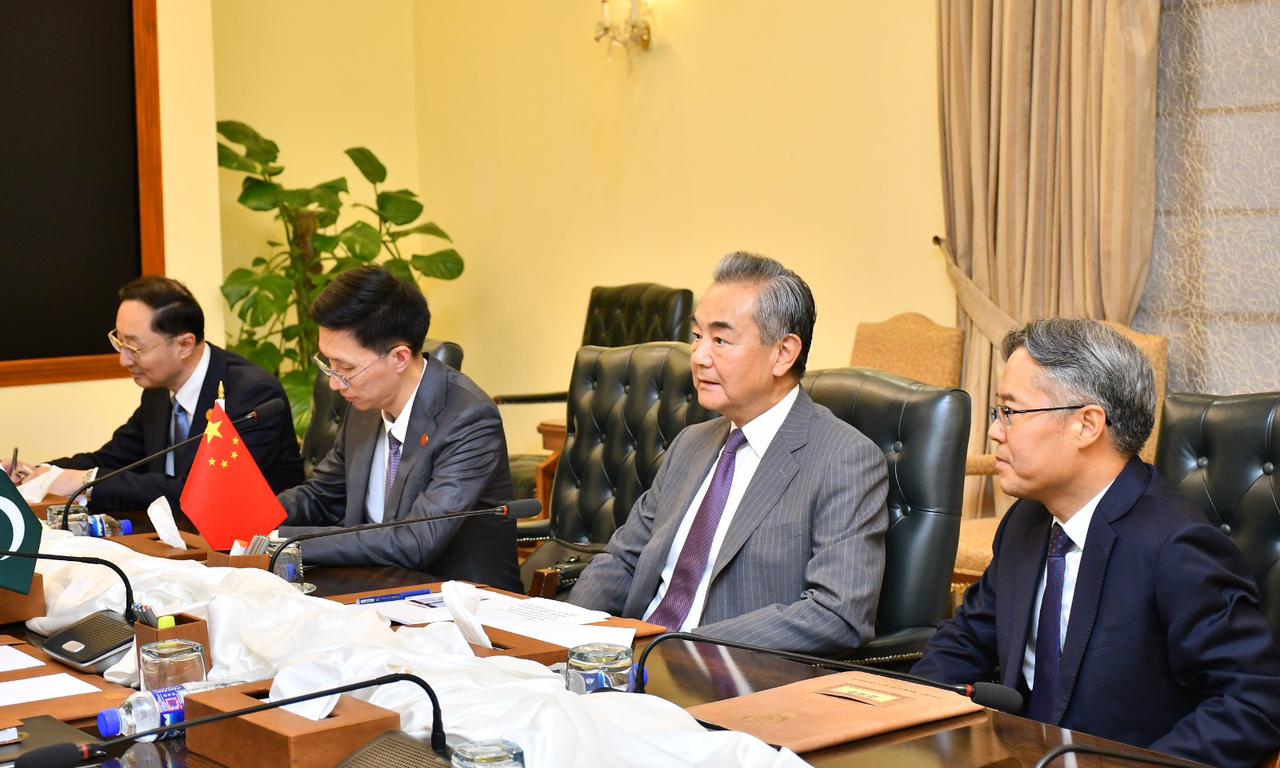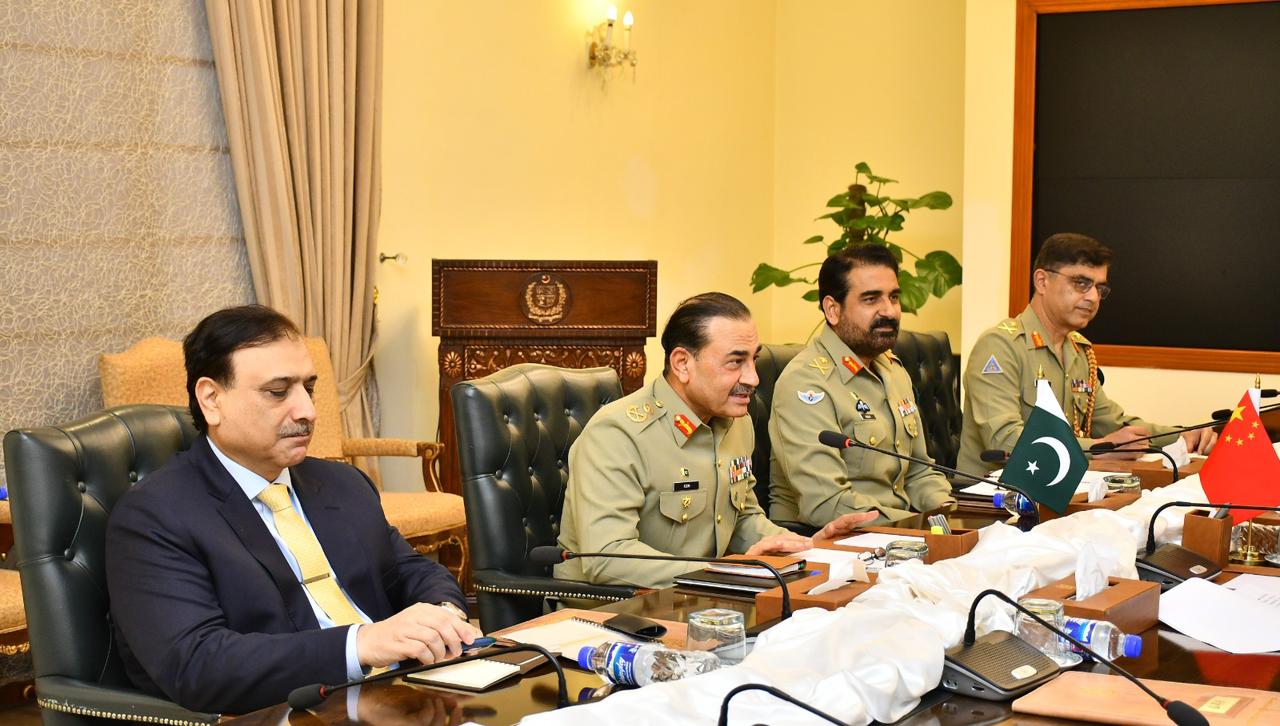Last Updated:August 22, 2025, 12:06 IST
Concerns have emerged over the potential expansion of Chinese security forces in Pakistan-occupied Kashmir (PoK) and Balochistan under the pretext of counter-terror operations.

Chinese Foreign Minister Wang Yi held a high-level meeting with Pakistan’s Chief of Army Staff (COAS), Field Marshal Asim Munir.
Chinese Foreign Minister Wang Yi held a high-level meeting with Pakistan’s Chief of Army Staff (COAS), Field Marshal Asim Munir, at the General Headquarters (GHQ) in Islamabad. The interaction has been interpreted by top intelligence circles as a direct indication of a deepening Beijing–Rawalpindi channel, underscoring the Pakistan Army’s dominant role in shaping the country’s foreign and security policy.
The talks reportedly revolved around South Asia’s volatile security environment, with a particular focus on Afghanistan, India, and the Gulf region. Central to the discussions was the establishment of joint mechanisms to strengthen counter-terrorism cooperation. Both sides highlighted the need to tackle groups perceived as threats to the China–Pakistan Economic Corridor (CPEC) and the safety of Chinese personnel working in Pakistan.
Reaffirming their “all-weather” partnership, China and Pakistan reiterated their military-to-military alignment and pledged to synchronise positions on multilateral platforms such as the United Nations, Shanghai Cooperation Organisation (SCO), and BRICS. Analysts view this as an attempt to reinforce strategic messaging against Western alliances and the emerging security architecture in the Indo-Pacific, particularly spearheaded by the US-backed QUAD.
China also assured its continued support for Pakistan’s “political and territorial sovereignty”, openly rejecting Indian claims and pledging to counter what it described as “Western and IMF pressures” on Islamabad. The meeting further showcased Beijing’s intent to safeguard its flagship Belt and Road Initiative (BRI) projects, especially CPEC, as strategic imperatives in the region.
However, the engagement has raised alarms in several quarters. Intelligence sources suggest that China’s direct dealings with Pakistan’s military bypass civilian institutions, reinforcing the perception of the Army’s supremacy in statecraft. Concerns have also emerged over the potential expansion of Chinese security forces, possibly linked to the People’s Liberation Army (PLA), in Pakistan-occupied Kashmir (PoK) and Balochistan under the pretext of counter-terror operations.
Observers believe the Wang-Munir meeting is a calculated move to consolidate China-Pakistan coordination as a counterweight to India’s growing regional influence and its strategic ties with the US, QUAD nations, and Middle Eastern partners. The development is expected to deepen regional fault lines, with New Delhi viewing Beijing’s overt military backing of Islamabad as a direct challenge to its security interests.

Group Editor, Investigations & Security Affairs, Network18
Group Editor, Investigations & Security Affairs, Network18
Read More





